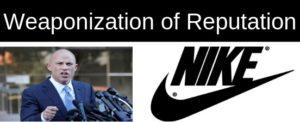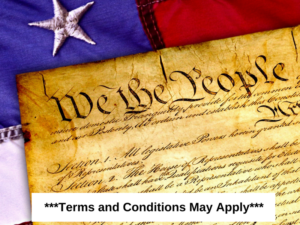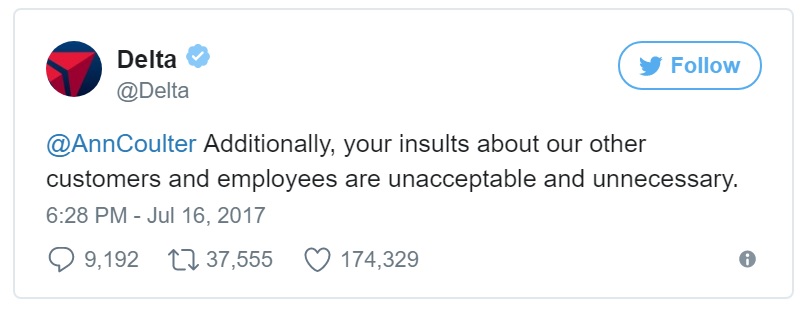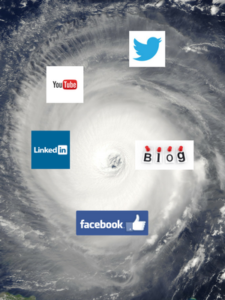 How you respond to a crisis often impacts your business more than the crisis itself. Evidence of this emerged last week with two high-profile incidents in the travel industry. First, Southwest Airlines, typically a reputational darling, got dinged for its handling of passenger complaints following the grounding of the Boeing 737 Max 8 aircraft. Next, Airbnb took a hit after reacting too slowly when a family found a hidden camera in the room they were renting. In each case, the company wasn’t the source of the original problem, but how they responded caused damage to their reputations.
How you respond to a crisis often impacts your business more than the crisis itself. Evidence of this emerged last week with two high-profile incidents in the travel industry. First, Southwest Airlines, typically a reputational darling, got dinged for its handling of passenger complaints following the grounding of the Boeing 737 Max 8 aircraft. Next, Airbnb took a hit after reacting too slowly when a family found a hidden camera in the room they were renting. In each case, the company wasn’t the source of the original problem, but how they responded caused damage to their reputations.
The international grounding of the Boeing 737 Max 8 impacted dozens of airlines and thousands of passengers, and it represented a logistical nightmare for every airline. While travelers might equate it with a weather delay, the reality is that the planes have been removed from service entirely. This caused a decrease in capacity that doesn’t get fixed once the weather clears. And it’s not Southwest’s fault that the planes are out of service. However, when the airline was slow to re-book passengers impacted by 737 Max 8-related cancellations, many went to social media to voice their displeasure.
A family visiting Ireland booked a room on Airbnb. Simple enough, but the husband is an IT expert and discovered a camera hidden in a smoke detector. This is in violation of Airbnb’s rules but not technically the rental property matchmaker’s fault. Yet, when the family called the problem to the attention of Airbnb, it took the company more than a month to remove the property from its listings. Callousness in the response hurt them more than the actual issue. Many news outlets covering the story focused on educating consumers about how to look for hidden cameras. Others jumped all over Airbnb for its incredibly slow response. Consumers are left to wonder if this is a rampant problem.
When dealing with a reputational crisis, here are some tips: Read More








